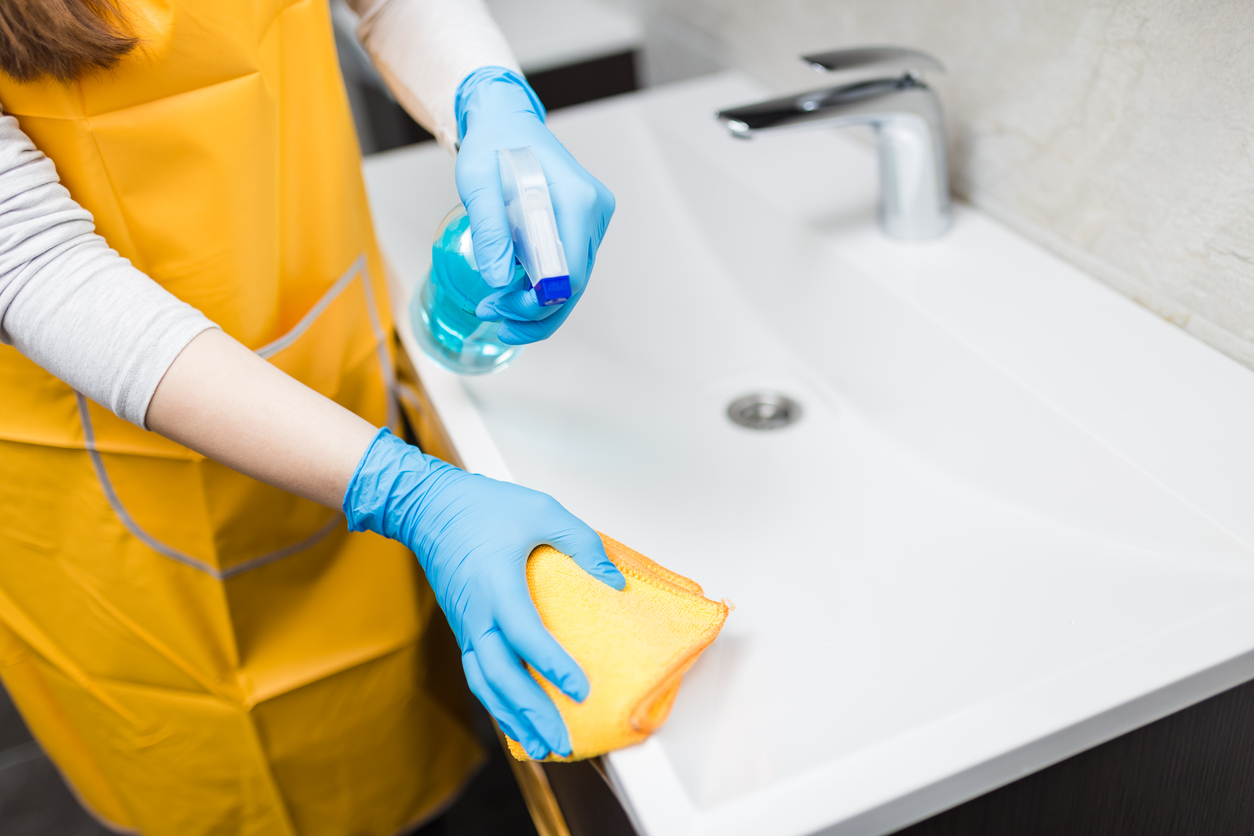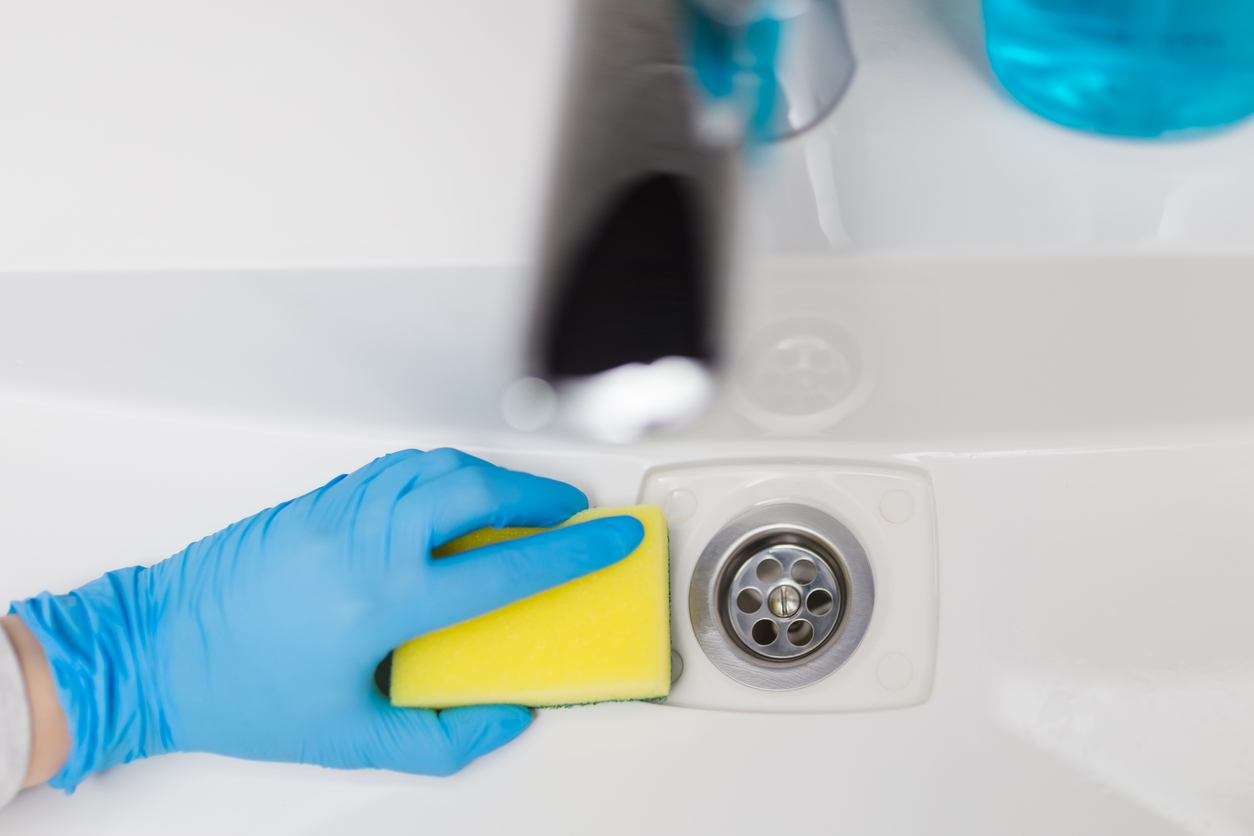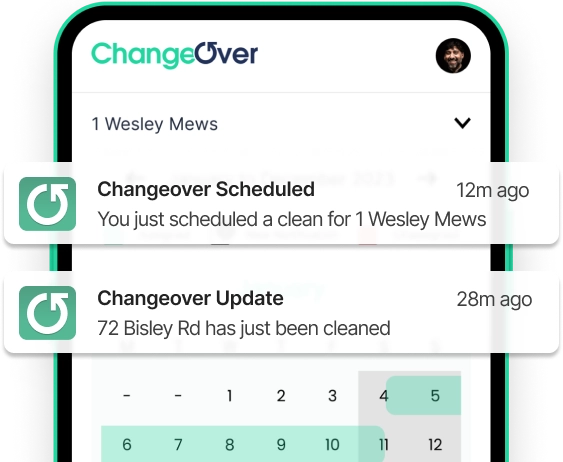Effortlessly automate STR & Airbnb cleaning
Never worry about missing a clean again by ditching those messy spreadsheets, emails & messages.
Our clever platform automatically shares, schedules & tracks your changeover from when the booking is first made to the guest’s departure day!
Find out more

